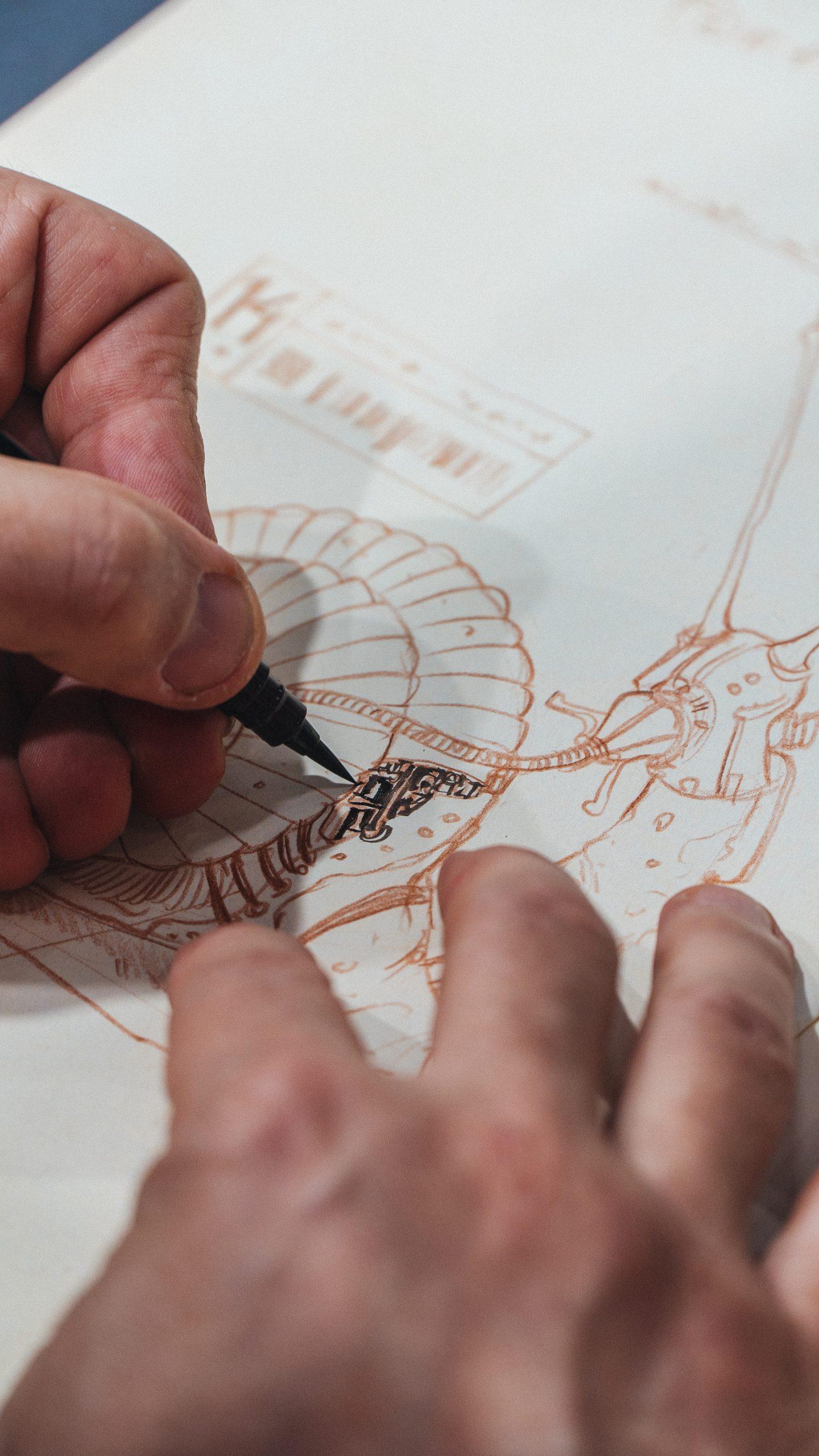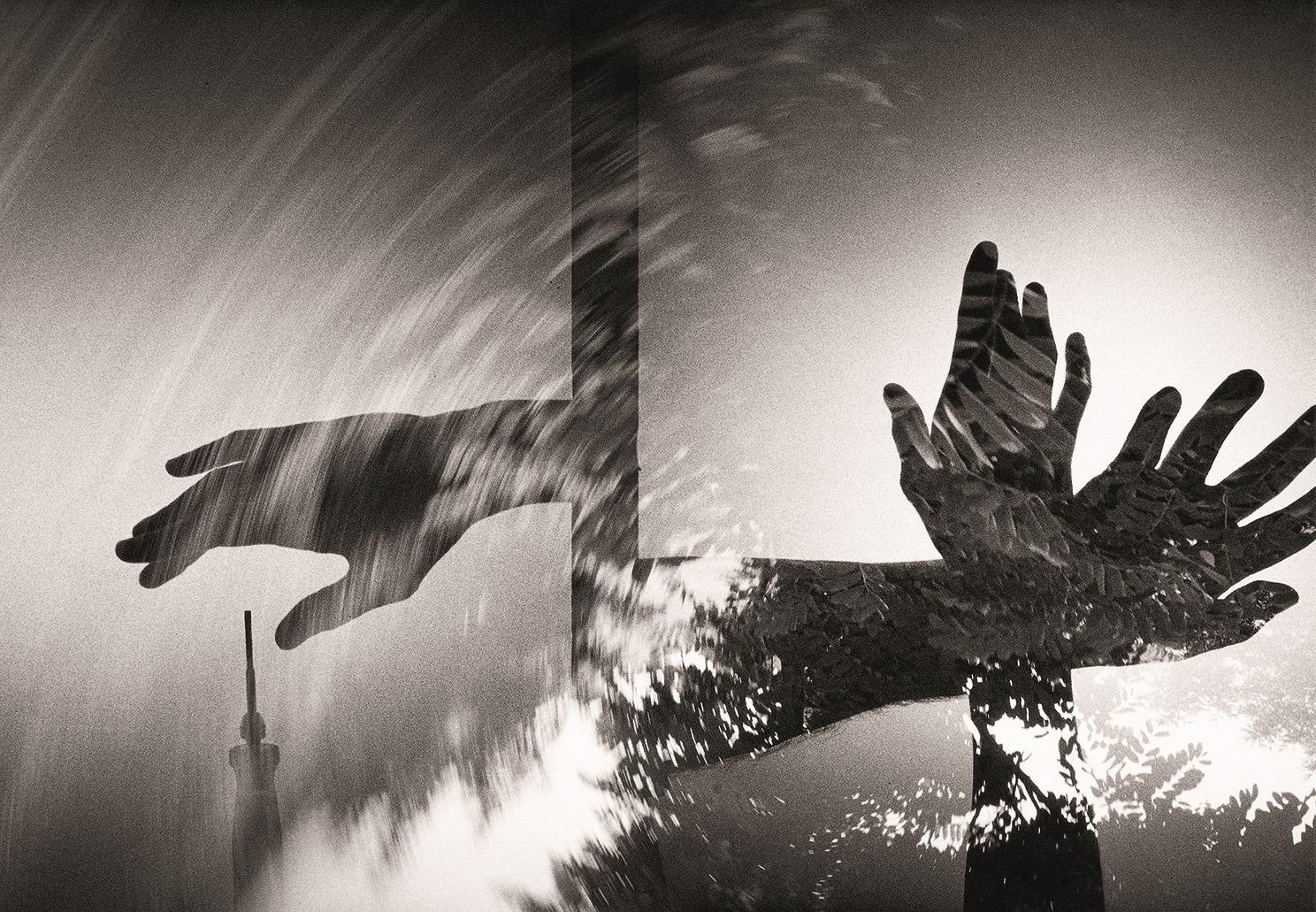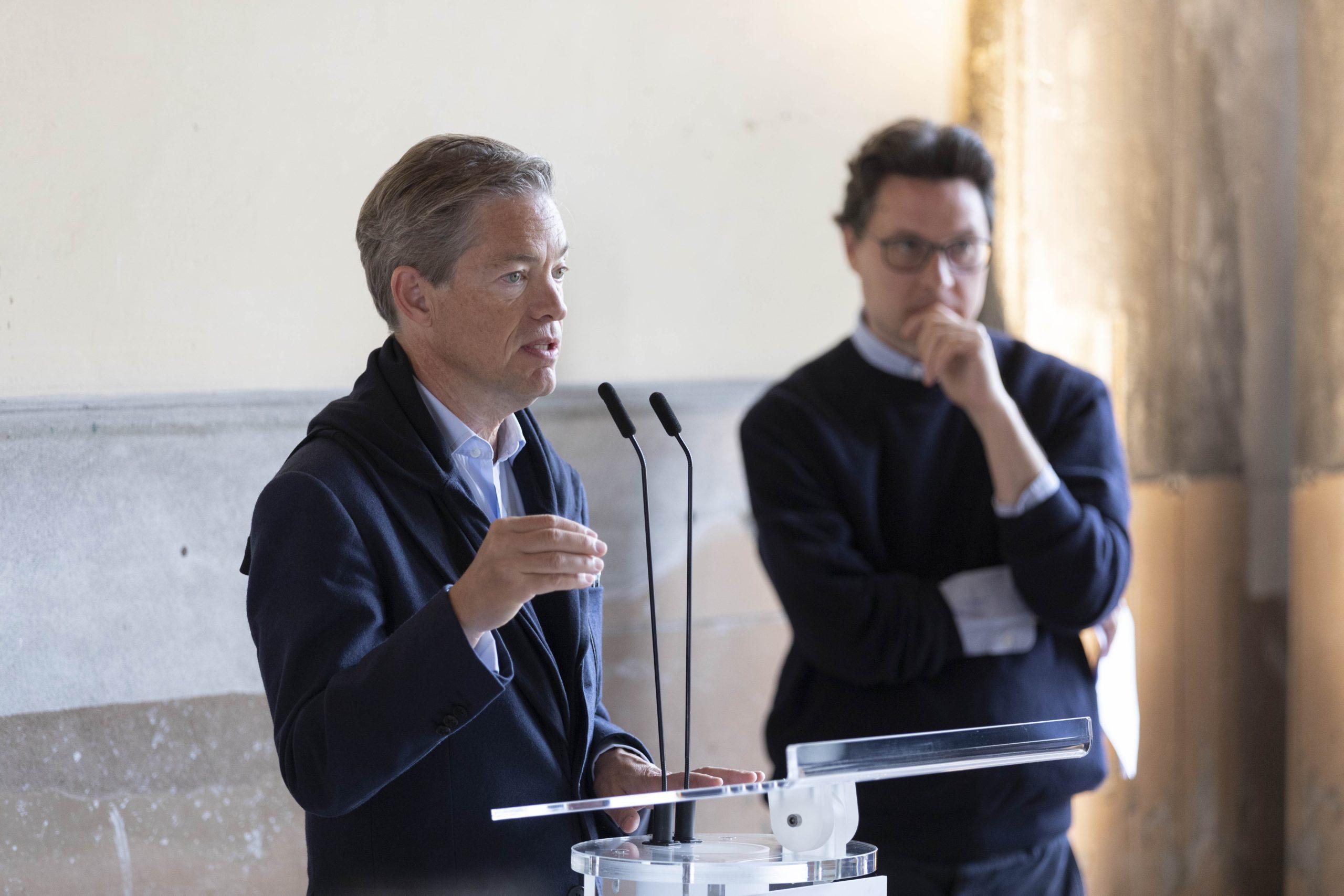As the protagonist of the inaugural event of "Lo stato dell’arte", the Venetian series of meetings conceived by Palazzo Grassi ‒ Punta della Dogana, writer Rachel Cusk shares her thoughts on art with us
There are many interchanges between writing and the visual arts. It is no coincidence that Rachel Cusk, a leading name in contemporary literature, starts Lo stato dell’arte, the series of meetings organized in Venice by Palazzo Grassi ‒ Punta della Dogana. The aim of the project is to invite the protagonists of the international culture scene to reflect on the current “state of the art” by means of an unpublished text.
Curated by Barbara Carnevali, Director of études in Philosophy at the Ecole des Hautes Etudes en Sciences Sociales (EHESS) in Paris, the cycle of talks finds its synthesis in a dedicated series published by Marsilio Arte, in collaboration with Palazzo Grassi, which will bring together the full versions of the texts of each participant. We took the opportunity to ask Rachel Cusk a few questions.
As an author, what is your definition of art?
I write in my essay that “art is the pact of individuals denying society the last word”. For me art is the onward thrust of the self against the eternal counter-force of communality and conformity.
In your opinion, what role should art play in contemporary society?
The only role of art really is to give reflection and solace to the individual, to echo the individual perception in the midst of its submersion in the social contract. That function seems as strong to me now as it ever has been.
What contradictions, prejudices and challenges does the artist have to deal with today?
Perhaps the growing realisation that art is to a degree a function of privilege, and that certain realities and voices have been recognised while others have remained obscure ‒ though the true artist should be able to offer a vision that is recognisable outside his or her own context. Nonetheless culture is as corruptible as anything else, and the sense that too much space and power are given to certain artists at the expense of others has generated problems for both sides.
In your opinion, what are the points of contact and the differences between a visual artist and a writer?
For me this is an enormous subject. As I grow older, I feel more frustrated by the language medium. As a writer it is obviously very difficult to access silence and non-statement, and these seem to me to be the key qualities needed right now. There is a lack of unconsciousness and privacy in language ‒ even though the contract between writer and reader is a contract of individuals ‒ that makes writing seem a dangerous and pointless thing to do.
Three adjectives you would use to describe the art of tomorrow.
Sublime, just, transparent.
Interview by Arianna Testino
BIO
Rachel Cusk was born in Canada in 1967 and spent most of her childhood in Los Angeles before finishing her studies at St Mary’s Convent in Cambridge. She studied English at New College Oxford and travelled extensively in Spain and Central America. She is the author of several novels, including Saving Agnes (1993), which won the Whitbread First Novel Award, On Becoming a Mother (2001), a personal and controversial exploration of motherhood, published in Italian as Il lavoro di una vita. Sul diventare madri (Einaudi, 2021). In The Lucky Ones (2003) she uses a series of five short stories, loosely connected by the experience of parenthood, in which she deals with the transformations of life, what separates us from those we love and what bonds us to those we no longer understand. In 2003, Rachel Cusk was named one of the 20 “Best of Young British Novelists” by Granta magazine. Her most ambitious and well-known work, which definitively consecrated her among the great storytellers of our time, is the Outline trilogy, published in English between 2014 and 2018 and translated in Italy as Resoconto, Transiti and Onori (Einaudi, 2018, 2019, 2020). Her novel Second Place (2021) was awarded the Prix Femina Etranger 2022.
Photo cover: Rachel Cusk, photo Siemon Scamell-Katz
Related Articles






